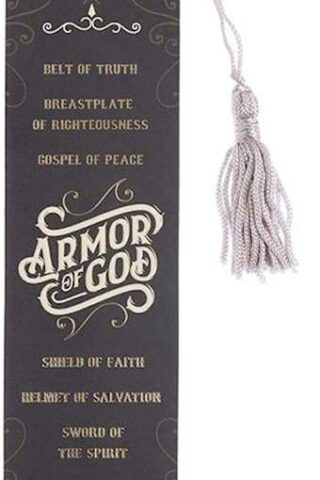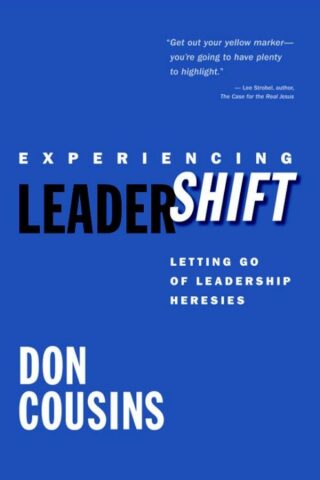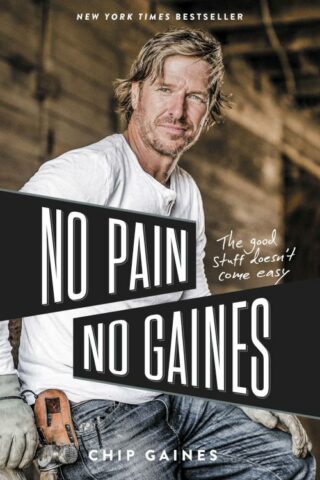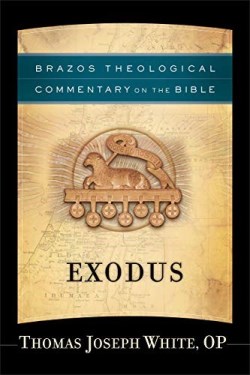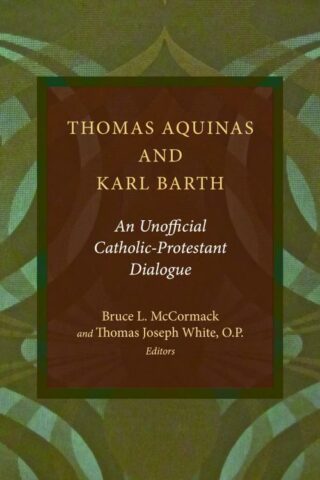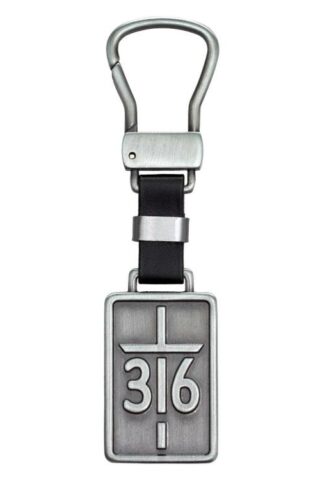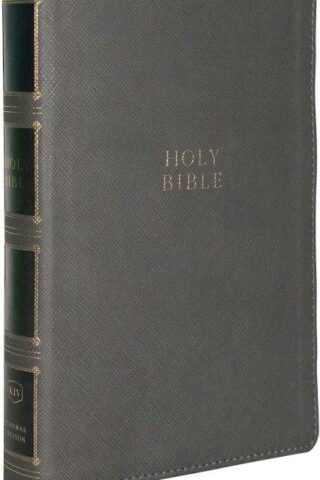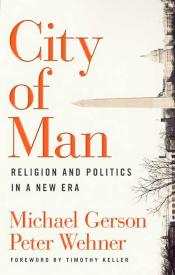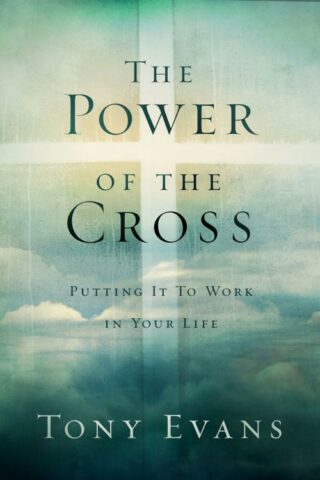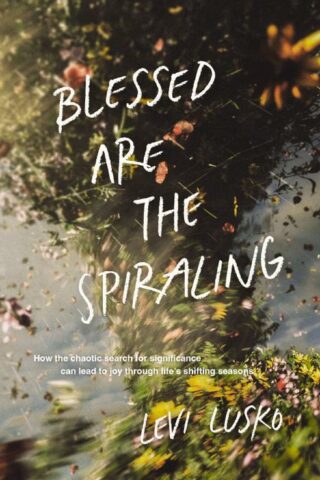Thomas White
Showing all 2 resultsSorted by latest
-
Exodus
$40.00Exodus recounts the origins of ancient Israel, but it is also a book of religious symbols. How should it be interpreted, especially in light of modern historical-critical study? In this addition to an acclaimed series, a respected scholar offers a theological reading of Exodus that highlights Aquinas’s interpretations of the text. As with other volumes in the series, this commentary is ideal for those called to ministry, serving as a rich resource for preachers, teachers, students, and study groups.
Add to cartin stock within 3-5 days of online purchase
-
Thomas Aquinas And Karl Barth
$39.99PRINT ON DEMAND TITLE
Compares and contrasts two of the church’s greatest theologiansThomas Aquinas and Karl Barth are often taken to be two of the greatest theologians in the Christian tradition. This book undertakes a systematic comparison of them through the lens of five key topics: (1) the being of God, (2) Trinity, (3) Christology, (4) grace and justification, and (5) covenant and law. Under each of these headings, a Catholic portrait of Aquinas is presented in comparison with a Protestant portrait of Barth, with the theological places of convergence and contrast highlighted.
This volume combines a deep commitment to systematic theology with an equally profound commitment to mutual engagement. Understood rightly and well, Aquinas and Barth contribute powerfully to the future of theology and to an ecumenism that takes doctrinal confession seriously while at the same time seeking unity among Christians.
Add to cartin stock within 3-5 days of online purchase

